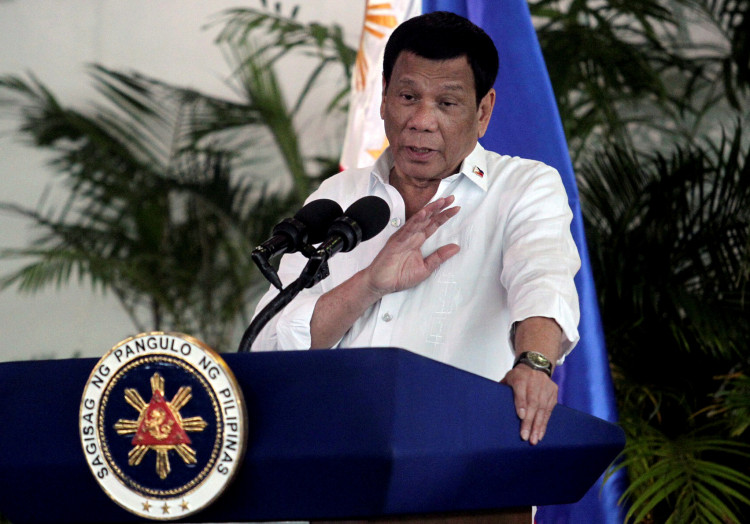Philippine President Rodrigo R. Duterte (PRRD) vetoed some aspects of the 2019 national budget before he signed it into law as it was revealed that a couple of project proposals were "unconstitutional." Some of the vetoed items amounting to P93.5 billion are under the Department of Public Works and Highways (DPWH).
Presidential Spokesperson, Salvador S. Panelo confirmed that Duterte has signed the revamped and slashed 2019 national budget into law on Monday. The "General Appropriations Act for Fiscal Year 2019 is now at P3.662 trillion.
"Those are the so-called 'insertions,' 'riders,' they are not part of the program by the DPWH, hence, they violate the Constitution," Panelo said of the vetoed proposals on Tuesday. Panelo also confirmed that the vetoed items were part of the "last-minute" fund changes that the country's House of Representatives proposed.
The 2019 national budget was supposed to be enacted late last year. However, the Philippine Senate faced off with the House of Representatives over reported realignments that were made after the budget plan was ratified in February.
Aside from some DPWH projects, the Filipino chief also vetoed items under the Department of Health (DOH), Department of Labor and Employment (DOLE), Department of Trade and Industry (DTI), and Department of Agriculture (DOA).
Duterte has also ordered that this year's 2019 budgeting system be cash-based. Congress has rejected the idea but Duterte pushed through with his announcement. The Filipino leader's new order is a reform in the previously obligation-based budgeting system that the country has been depending on.
Congress has been rejecting a cash-based budgeting system and this has resulted in a deadlock that extended for three months. With the 2019 budget signed into law, it is expected that payment or obligation and commitment disbursement will be hastened.
Despite the months-long delay of enacting this year's budget, Duterte noted that his administration is "steadfast and optimistic" of his massive "Build, Build, Build" initiative. The project seeks to establish increased infrastructure projects in the country to boost trade.
Duterte added that the plan to establish an "infrastructure age" for the Filipino people will push through this year as analysts are expecting to see increased spending both in economic and social aspects. Spending has helped pump up the Philippine economy despite setbacks in the past year.
Earlier this month, the World Bank lowered its forecast of Philippine economic growth to 6.4 percent as affected by the delay in delivering the 2019 national budget. However, the numbers are still a positive signal as the country has become one of Southeast Asia's fastest-growing economies.






